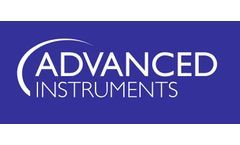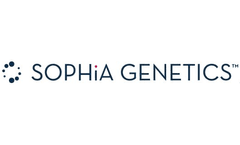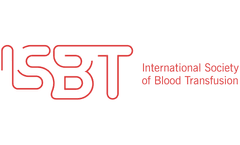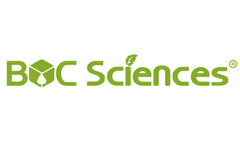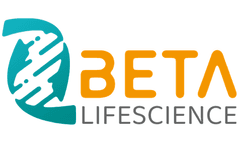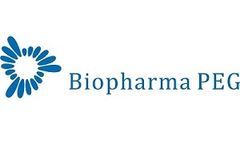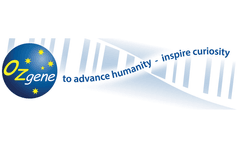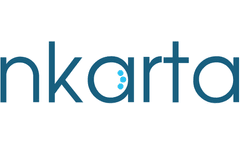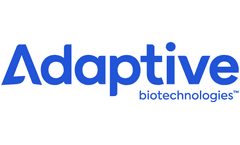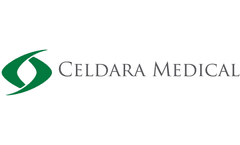Refine by
Hematologic Articles & Analysis
41 articles found
In recent years, recombinant ELANE protein has become an indispensable tool for researchers studying neutrophil function, protease regulation, and disease mechanisms, particularly in pulmonary, hematologic, and inflammatory contexts. Structure and Biochemical Characteristics ELANE belongs to the chymotrypsin-like serine protease family, characterized by a conserved catalytic ...
This immunotherapy has shown remarkable success, particularly in hematologic malignancies such as acute lymphoblastic leukemia and certain types of lymphoma. ...
This dual analysis enables a more nuanced understanding of tumor biology and facilitates personalized medicine approaches. In hematological malignancies, ImmunoFISH has become an essential tool. It allows for the simultaneous detection of gene rearrangements and the expression of corresponding proteins, helping in the characterization of specific subtypes of leukemia and ...
They may include evaluation of organ-specific toxicity, hematological effects, and other potential adverse events. Conclusion The development of radioactive drug conjugates represents a monumental stride forward in cancer treatment, offering hope for more effective and targeted therapies. ...
Building innovative solutions to common laboratory challenges has been Advanced Instruments’ mission since 1955, a time when electronic automation was just beginning to be applied to laboratory methods. Throughout its 70-year history, Advanced Instruments’ osmometers have helped global clinical laboratories revolutionise workflow efficiency on the chemistry bench. Over the last two ...
ESMO updated its recommendations for NGS in advanced cancers this year, urging broader use of NGS in additional cancer types and the inclusion of tumor-agnostic biomarkers. The ESMO Precision Medicine Working Group (PMWG) first published its recommendations for when to use next-generation sequencing (NGS) in routine practice for patients with metastatic cancers in 20201. At that time, based ...
Anti-G reactivity in red cell antibody detection and identification studies mimics the presence of both anti-D and anti-C. This can complicate decision making in pregnant patients. It is important to determine if anti-D is present for guiding Rh immune globulin prophylaxis. ...
Antibodies are relatively effective for hematologic malignancies. For solid tumors, using small-sized antibodies (such as single-domain antibodies or scFv) and peptide-conjugated radiopharmaceuticals has become a prominent direction in research and development due to their small size and excellent tissue penetration capabilities. ...
Jak/Stat pathway and cancer JAK activating mutations are a major molecular mechanism in malignant hematologic diseases. Researchers have identified a unique somatic mutation (V617F) in the Jak2 pseudokinase domain. ...
Prochownik, MD, UPMC Children's Hematology/Oncology Division and Paul C. Gaffney Professor of Microbiology and Molecular Genetics, has implications for new forms of cancer treatment. ...
Therefore, the application range of ADCs containing non-cleavable linkers is limited, and they are mainly used for the treatment of hematological cancers or tumors with high antigen expression.Compared with non-cleavable linkers, cleavable linkers use specific conditions to release drugs at target cells. ...
TSLP and cancer New functions of TSLP have been discovered in the induction and progression of various tumors, including solid tumors such as breast, colon, and pancreatic cancers, as well as hematological malignancies like B-cell acute lymphoblastic leukemia (B-ALL). ...
In general, the incidence of ADA of ADCs is less in patients targeting hematologic cancer than in patients targeting solid cancer; Most ADA is specific to the monoclonal antibody domain of the ADC. ...
At present, 15 ADCs have been approved globally for hematological malignancies and solid tumors. In addition, more than 100 ADC drug candidates are currently under clinical investigation. ...
Department of Immunology and Pathology, Monash University, Level 6, Burnet Tower, 89 Commercial Road, Melbourne, VIC 3004, Australia. Department of Clinical Haematology, Royal Melbourne Hospital and Peter MacCallum Cancer Centre, 305 Grattan St., Parkville, VIC 3000, Australia. Immunology Division, Walter and Eliza Hall Institute, 1G Royal Parade, Parkville, VIC 3050, Australia. Sir Peter ...
The advent of immunotherapies for cancer, and more recently of cellular immunotherapies, has substantially altered the treatment landscape. In hematological malignancies, complete response rates to CAR-T cells can exceed 80%. ...
That’s why Adaptive recently partnered as a sponsor with trusted community oncology organizations Association of Community Cancer Center (ACCC) and NCODA to share vital minimal (or measurable) residual disease (MRD) education with community doctors who treat hematologic oncology. We hope to level the playing field between community and academia, ultimately elevating the ...
In particular, CAR-T therapy, which has been approved by the FDA, is rewriting the treatment paradigm of some hematological tumors. However, adoptive T cell therapy remains of little success in solid tumors. ...
However, the impact on solid tumors has been far below the expectations set in hematologic malignancies, largely due to the immunosuppressive nature of the tumor microenvironment. ...
Although CAR-T therapy has revolutionized the treatment of hematological diseases such as leukemia and lymphoma, it has not translated into similar success in solid tumors. ...




